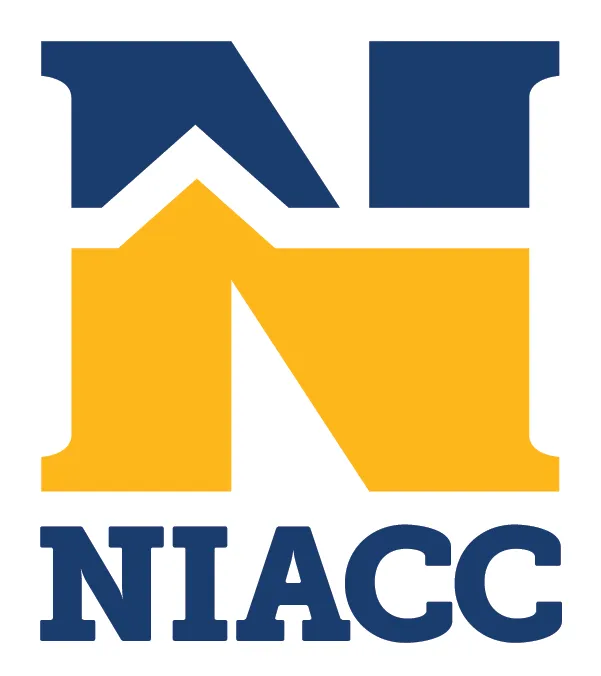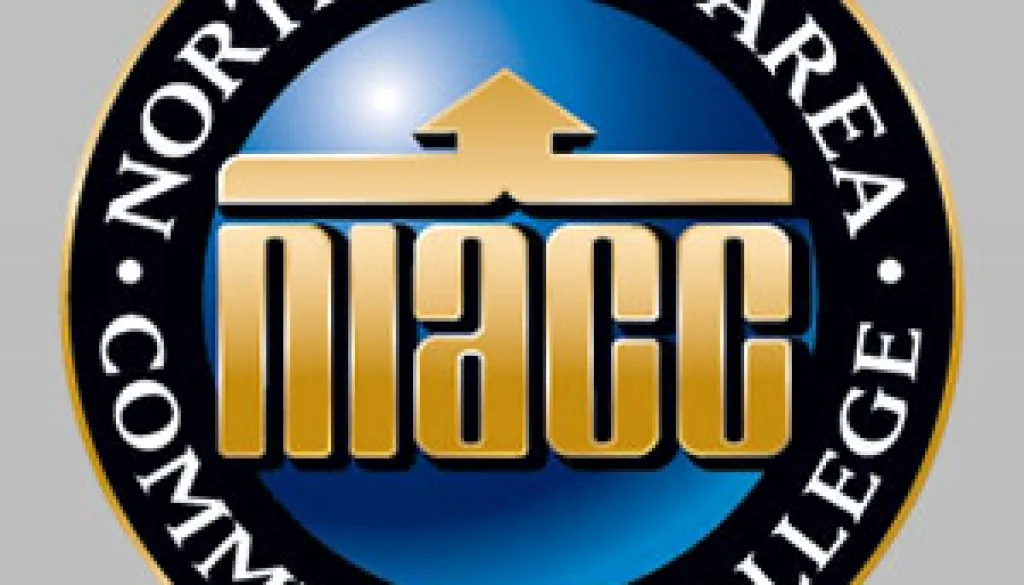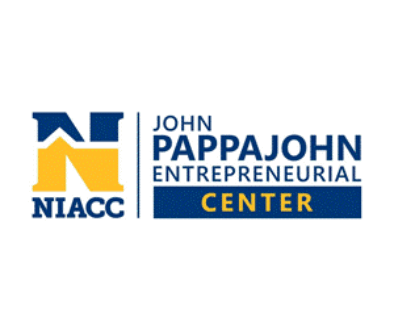NIACC awarded $300,000 grant from National Science Foundation for robotics
North Iowa Area Community College (NIACC) was recently awarded its first National Science Foundation (NSF) grant. This $300,000 Advanced Technological Education (ATE) grant will be used over the next three years to embed new robotics technology into its manufacturing programs. NIACC will be introducing and testing a new National Coalition of Certifications Centers (NC3) credential in Robotics Fundamentals as one piece of the project. The NSF recognized this work as a groundbreaking educational opportunity for community college students.
The “NextGen Technicians: Addressing Industry Demand for Robotics” project will begin on June 1. The goal of the project is to increase the number of industrial technicians in the workforce, all of whom will be skilled in robotics. The innovative plan will embed a newly-developed NC3 stackable credential into a new robotics course to enhance middle-skilled industrial technician education and will also engage several strategies to broaden the pipeline into the training in order to best support the region’s growing demand for more technicians, especially for those who have robotics skills.
As the largest workforce sector in North Iowa, manufacturing has exhibited robust job growth over the last five years. A spring 2018 survey of regional manufacturers conducted by NIACC in preparation for the NSF application confirmed the need for more industrial technicians in general, and because interest and investment in robotics is also increasing (a broad array of robotics is already in use in North Iowa), respondents also indicated a strong need for technicians with basic robotics education.
According to NIACC President Steve Schulz, “The survey also highlighted the combined issues of too few workers and the need for robotics education for new technicians that is leaving employers struggling to meet the demands of production. An important goal of this project is to provide regional employers with the well-trained industrial technician graduates they require.” Schulz went on to say, “The work involved in applying for this grant has been an 18-month endeavor for members of our faculty and staff. I’m grateful for their dedication to the process and for the opportunities it will provide for our students and regional employers.”
The NSF grant will enable NIACC to recruit and educate more industrial technicians with a plan to double the number of graduates in Industrial Mechanics and Maintenance (IMM) and Industrial Systems Technology (IST) programs and introduce new robotics training to all students. Additionally, NIACC will add state-of-the-art robotics equipment and train faculty in the new robotics technology. A new Introduction to Robotics course will include hands-on robotics labs and NC3’s newly created Level 1: Fundamentals Robotics coursework and credentialing product.
Further goals of the project are to create and implement demonstration projects for both educational and recruiting purposes to expand the pathway into NIACC IMM and IST programs and train and credential incumbent workers using the NIACC Introduction to Robotics course with the NC3 robotics credential.
The National Science Foundation (NSF) is an independent federal agency that supports fundamental research and education across all fields of science and engineering. In fiscal year (FY) 2019, its budget is $8.1 billion. NSF funds reach all 50 states through grants to nearly 2,000 colleges, universities and other institutions. Each year, NSF receives more than 50,000 competitive proposals for funding and makes about 12,000 new funding awards.
# # #
Ref # 6484


